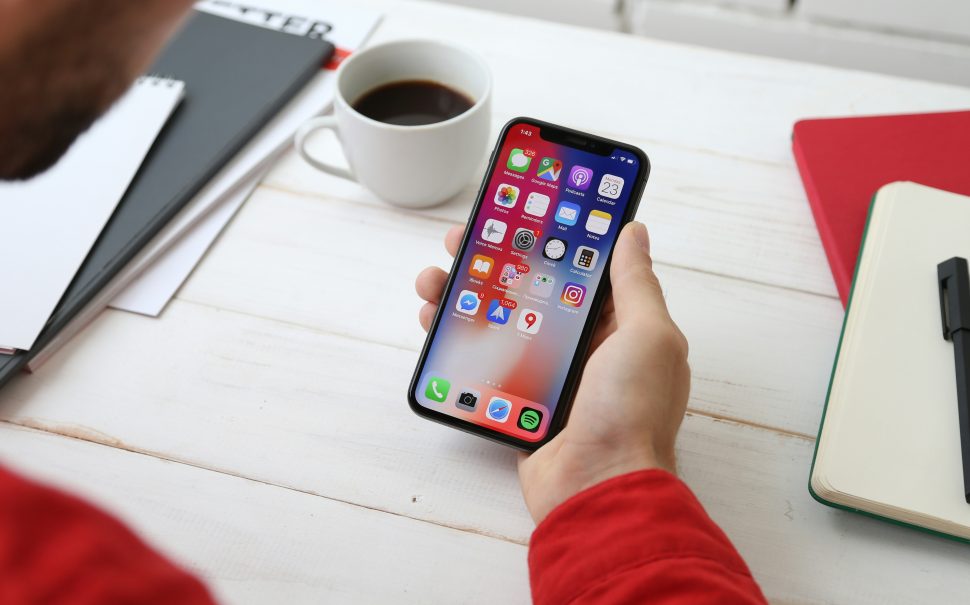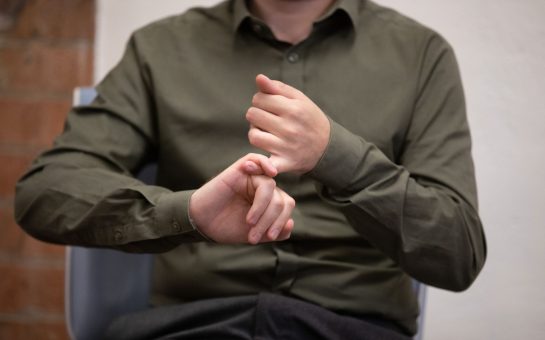One in every two teenagers feel addicted to their smartphones with over 60% of parents agreeing, a new study has revealed.
A staggering 78% of teenagers check their devices at least hourly, and 72% feel the need to respond to social media notifications, messages and texts immediately, according to children’s media charity, Common Sense.
The report published by the UK Government claims nearly three quarters of children in the UK are suffering from internet addiction, as well as regularly having access to content that makes them feel scared and depressed.
Secondary school psychology teacher, Emma Garner said: “It’s an issue we as staff tackle daily, hourly even.
“I don’t think parents, or pupils for that matter, really understand the issue smartphones have on children’s cognitive processing skills, attention span, and behaviour.”
Internet addiction, also known as problematic internet use (PIU), is a behavioural disorder characterised by excessive and uncontrollable internet use that interferes with daily life, tasks, and causes significant levels of stress.
Up to 40% of children who are on social media have been subjected to bullying online, according to a report by A.N. Schroeder for Psychological Bulletin.
Garner adds: “Cyberbullying is something we are scarily unprepared for.
“It’s hidden from parents, from us as teachers as it all happens on these phones that kids keep hidden, and it can have devastating impacts on children’s lives.”
A study conducted for Psychological Bulletin claimed that among adolescents and children who spent just one hour a day on electronic devices, 29% were found to have at least one suicide-related thought or plan in the last 12 months.
It added that children who spent five hours a day online had a staggering 48% outcome of suicidal thoughts or actions.
National institutes of health reported that children who were subjected to cyber bullying were four times as likely to report thoughts of suicide and attempts against those who hadn’t.
Study researcher, Dr Ran Barzilay said: “At a time when young adolescents are spending more time online than ever before, this study underscores the negative impact that bullying in the virtual space can have on its targets.
“It may be prudent for primary care providers to screen for cyberbullying routinely in the same way that they might screen for other suicide risk factors like depression. Parents and educators should also be aware of this risk factor.”
James W, 16, is studying his A-levels at an independent boarding school in Hertfordshire, where they banned mobile phones during school hours in 2024.
The residential school, which is home to 800 students aged 11-18, introduced the rule at the start of term in 2024 as students were constantly on their phones in lessons and study sessions, James says.
James said: “We get them handed to us in the morning by our HM (House Master) then taken away again at registration.
“After school at 5:30pm we get them back for dinner, but then they get taken away again for prep, and we get them back for about an hour before bed.”
The initiative aims to encourage the children to join in more co-curricular activities and aim to reduce bullying, a letter to parents evidenced.
James said: “It was really annoying, but also we don’t miss anything on snapchat as no one has a phone so it doesn’t really matter.
“Bullying was kinda bad here as we all live here you so you could never run away but it is a bit better now, but obviously it still happens.”
James added a lot of pupils keep fake phones, and hand in decoys at night.
Picture credit: Free to use from Unsplash





